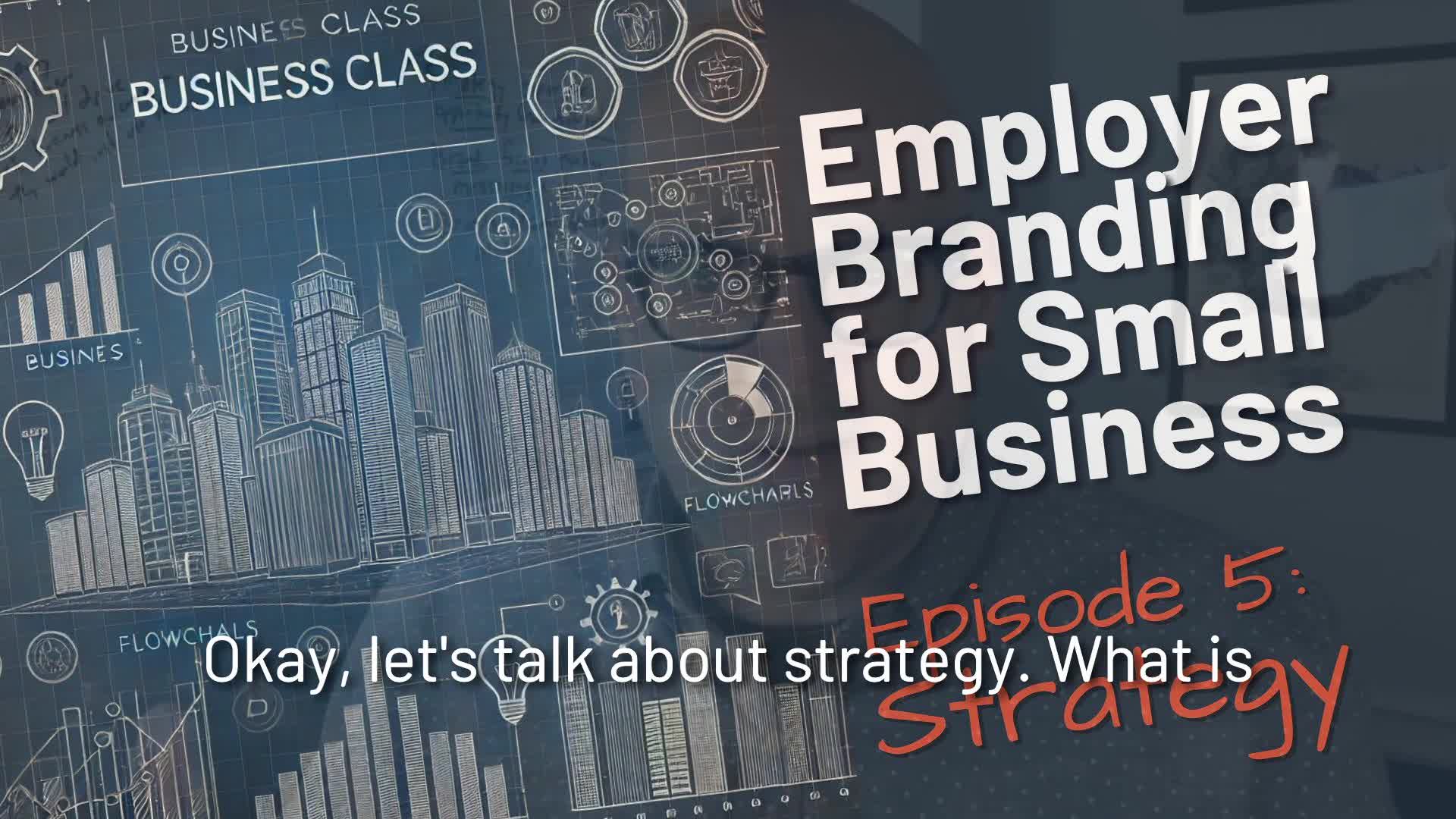Talent Acquisition
How can employee-generated content enhance employer branding?
Employee-generated content serves as a powerful tool for culture-led employer branding by allowing team members to become creators and co-creators in workplace storytelling. When employees share their personal and professional experiences, they bring the company culture alive in an authentic way. Organizations can incentivize this content creation through recognition, competitions, and collaborative discussions like meetings over pizza. This approach transforms how companies express their cultural brand while creating meaningful connections with potential recruits who share similar interests. By encouraging employees to document their work journeys and intertwine personal stories with business narratives, employers harness their team's unique perspectives to strengthen their employer brand.
Watch clip answer (02:04m)Why is creating the right company culture important for retaining innovative talent?
According to Jeff Weiner, creating an environment where talent can flourish is critical. When culture is not a good fit, the most innovative people—the rule breakers—become frustrated and leave the organization. This creates a cascade effect where others who were counting on these innovators to drive change also become discouraged and depart. At LinkedIn, they address this by codifying values like 'acting like an owner' and 'taking intelligent risks' that support innovation. A supportive culture with clearly defined values ensures that talented individuals can thrive rather than becoming frustrated by organizational constraints.
Watch clip answer (00:46m)What is the key strategy for effective employer branding?
The key strategy for effective employer branding is laser-focused messaging on a single core idea or small subset of messages that differentiates your company from competitors. Rather than presenting a laundry list of benefits, successful employer brands concentrate on specific messaging that resonates with their target audience and is consistently communicated across all channels. This focused approach ensures clarity for candidates who have limited time and attention. Like Volvo's consistent safety messaging, an effective employer brand should be built around something that is demonstrably true and repeatedly emphasized. The strategy requires understanding your audience—tailoring your core message to different candidates' needs while maintaining the same fundamental brand promise.
Watch clip answer (06:44m)How does ByteDance approach global recruitment and what role does LinkedIn play in this process?
ByteDance approaches global recruitment by seeking candidates who excel in their fields and have demonstrated career success but are looking to transition to their type of organization. Isaac Bess's team navigates various cultural norms across different markets, recognizing that each region has unique recruitment challenges. LinkedIn serves as a critical tool in ByteDance's talent acquisition strategy, allowing them to identify and connect with potential candidates globally. Through this platform, they've successfully recruited top talent across a dozen countries, building a diverse international team. LinkedIn's global reach has been instrumental in helping ByteDance scale its recruitment efforts while maintaining quality across various markets.
Watch clip answer (00:44m)How does Brian Chesky define company culture and what makes a culture strong?
Brian Chesky defines culture as "a shared way of doing things" where team members align around a common mission with shared beliefs. He distinguishes between weak and strong cultures rather than good or bad ones, noting that strong cultures are founder-led where people are deeply passionate about the mission. According to Chesky, the most critical elements for building a strong culture are thoughtful hiring practices and having a set way of doing things that people buy into. At Airbnb, they've institutionalized this approach through culture interviews and a Core Values Council that serves as an advisory group to maintain and strengthen their company values.
Watch clip answer (02:07m)What is transferable skills assessment and why is it important for addressing the AI skills gap?
Transferable skills assessment is a process that evaluates skills people already possess that can be applied to new roles. Margaret recommends this approach as essential for talent development leaders to identify existing capabilities within their workforce. This assessment is crucial for overcoming the skills gap in AI-driven roles because it helps organizations recognize what skills people have today rather than just focusing on skill shortages. By clearly defining and evaluating transferable skills, companies can redesign job descriptions to be skill-based and create non-traditional career pathways, enabling women and others to transition into AI roles through alternative routes.
Watch clip answer (02:16m)




